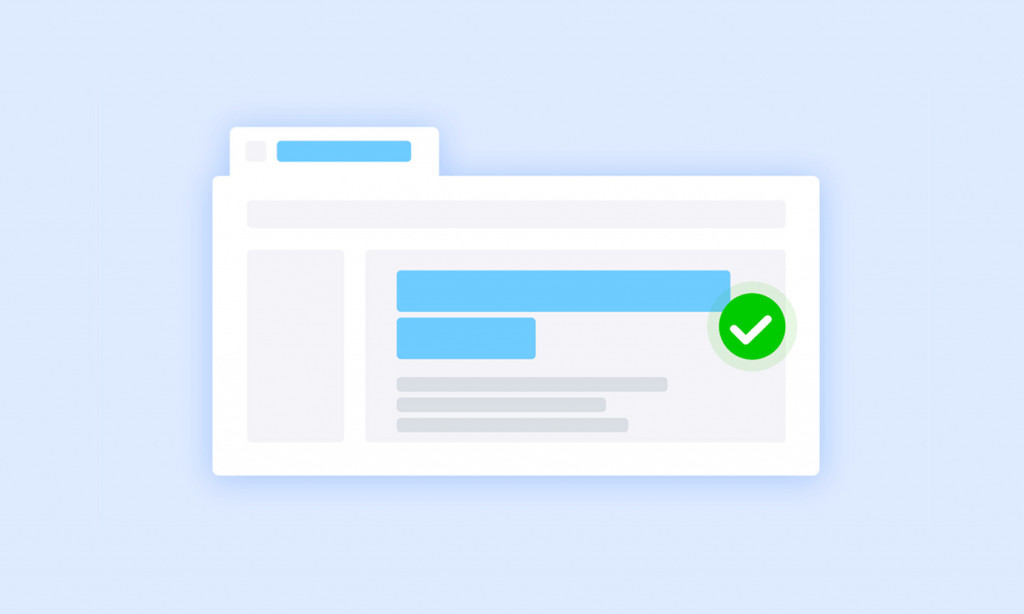How To Optimise Page Titles and URLS

When creating and optimising content for a website, it is easy to overlook the importance of relevant header tags and URLs. However, taking the time to ensure these are optimised for search engines is beneficial to your website as it helps to improve your search engine rankings, making your site more visible to potential customers.
Sounds good right? So, how can you optimise your website’s page titles and URLs? Take a look at our handy guide below to get you started.
Optimise Your H1 Header Tags
What are H1 Header Tags?
H1 header tags are the titles on a webpage. They are normally used to show which page you’re on or what the page is about.
Why is it important to optimise H1 tags?
- They tell your audience and search engines what your page is about.
- A good page title will help improve your search engine rankings.
How do I optimise H1 tags?
Be descriptive yet concise: Your title should give readers an accurate idea of what the page is going to be about. For example, if you’re an IT company you could use “IT Services in Preston”
Add a keyword: Adding a keyword to your page title is crucial to helping it rank better in search engines as well as ensure customers can find you. For example, a recent client of ours is a HR company who had their services page title as “What we do”. This is not very informative and is unlikely to rank in search engines, so we changed it to “Outsourced HR services in Burnley”. This clearly states the services and location as well as appealing to both humans and search engines. You can experiment with keywords to see which ones deliver the best results for your business.
Write for humans, not just search engines: It can be tempting to cram keywords into your H1 tags but not only is this confusing for your human audience it can have an adverse effect on your rankings. This is because content written with a human audience in mind typically gets a higher click-through rate than content that looks ‘spammy’, so search engines are more likely to rank authentic content higher.
Page per service: It’s important to have a different page for each service or product that you offer. This will allow you to target more keywords as well as make it easy for visitors to navigate and find information on your site.
Optimise Your URLS
What are URLs?
A URL is your domain name, for example, ours is pagio.co.uk When you add more pages to your website, you’ll then have your domain name/page. For example, the URL for our features page is https://pagio.co.uk/features
People often forget to optimise their URLs but it shouldn’t be overlooked.
Why is it important to optimise URLs?
- Optimised URLs provide a better user experience as they clearly indicate what the page is about.
- Though minor compared to other page elements, URLs are a ranking factor, so it is worth optimising them for SEO
How do I optimise URLs?
Keep it simple and include keywords: Make sure your URL is clear, to the point, and accurately reflects the page. For the sake of brevity, you can remove words that add no value like “and” or “that”, just make sure your URL is readable. For example, we changed the HR companies URL to /outsourced-hr-services. This is easy to read and includes relevant keywords. Both search engines and humans learn about your page contents through the keywords in the URL. Include keywords in your URL but again, make sure they are an accurate reflection of the page. Don’t just put them in your URL for the sake of it.
Separate words with hyphens: URLs don’t allow for spaces and search engines are set up to read hyphens and not underscores, so if you need to include a space make sure you use a hyphen as it makes it easier for people to read.
Don’t use capital letters: This is a personal preference, we find that capital letters make URLs more difficult to read.
If you want to update a URL it is important to notify Google and other search engines, especially if the page has already been indexed and you don’t want it to lose its ranking position. To avoid that, you can use a 301 redirect on the old URL place to communicate the new page address to search engines. This will ensure that old links forward through to your website, as you don’t want visitors clicking on broken links. This makes your site look unprofessional and it affects your SEO. On Pagio Website Builder we notify you about every broken link.
Final thoughts
Although just changing your page titles and URLs won’t make you rank first on Google by themselves, these small one percents all add up to a well-rounded SEO campaign. Quite often these one percents are the difference.
Taking the time to properly optimise your site is crucial to improving your website search engine rankings. The better your search engine rankings the more visible your website will be to potential customers.
If you want a website you can fully manage yourself, including SEO, sign up for free at Pagio Website Builder or book a demo.
Need a professional website that is easy to manage?
Sign up or book a free 30 minute website consultation with one of our team who can demo Pagio Website Builder and answer any questions you have.
